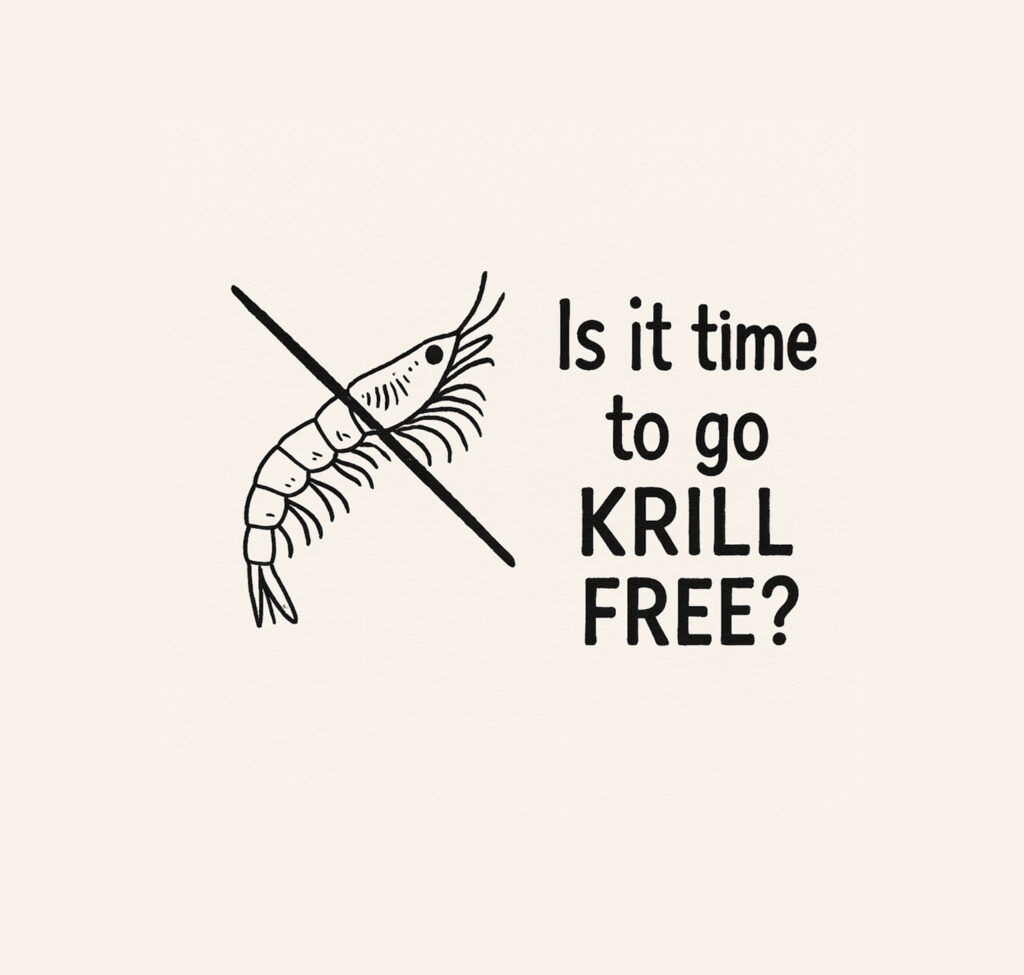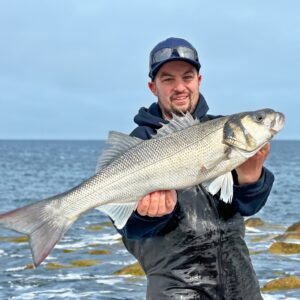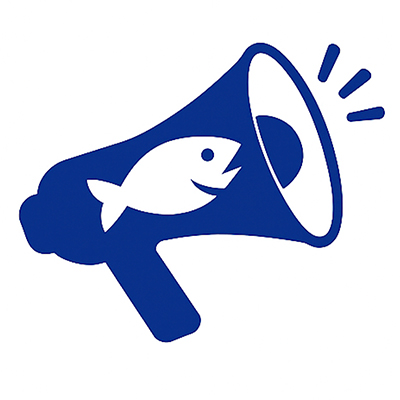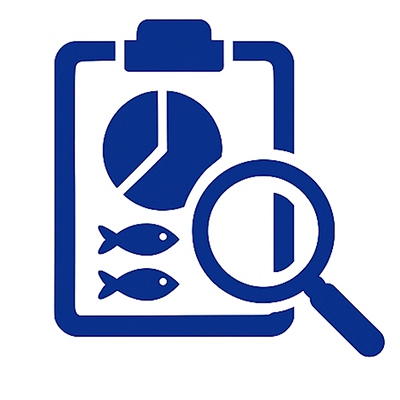In the world of fishing, especially carp fishing, krill-based baits have become incredibly popular. From pellets to boilies, many anglers turn to this small marine crustacean to boost their chances of a catch. But as the demand for krill grows, we need to take a step back and ask: is this really the best choice for the long-term health of our oceans?
While the use of krill in fishing baits and fish food is a small part of a much larger issue, it’s important to consider the wider environmental impact. Krill is a vital part of the marine food chain, serving as a primary food source for a variety of marine animals, from whales to fish. The increasing industrial demand for krill is raising concerns about its long-term sustainability. If we, as anglers, truly care about the health of our oceans and the abundance of marine life, it’s time to reconsider our role in this issue.
Krill’s Role in the Ecosystem
Krill, small shrimp-like crustaceans, are essential to marine ecosystems. They form the foundation of the ocean’s food web, providing food for a variety of species, including fish, seabirds, and marine mammals. However, krill populations are under increasing pressure from industrial harvesting. The use of krill for a variety of purposes, including fishing baits, aquaculture feed, and even as a supplement in animal and human nutrition, is significantly reducing the amount of krill available in the ocean.
While it may seem like a small issue in the grand scheme of things, the sheer volume of krill being harvested is starting to have an impact on the marine food chain. As krill becomes scarcer, the species that rely on it for food may find it more difficult to thrive. This has long-term implications for the health of marine ecosystems, and ultimately, the sustainability of fisheries that anglers rely on.
Krill in Fishing Baits and Fish Feeds
In the world of recreational fishing, especially in carp fishing, krill-based baits have gained immense popularity. Anglers use these baits because they are known to be highly effective, thanks to their strong, attractive scent and the nutritional benefits they provide to fish. Krill has also found its way into fish feeds used to grow carp and other coarse fish in fish farms. These fish are eventually stocked into recreational lakes, providing anglers with a steady supply of fish to catch.
However, while krill-based baits and feeds are effective, they come at a cost. In the UK, the demand for krill-based products is growing, leading to greater pressure on krill populations. The issue is compounded by the fact that krill is being sourced from fragile marine ecosystems that are already under stress. If we continue to support the use of krill in fishing baits and farmed fish feeds, we may be inadvertently contributing to the depletion of this vital resource.
A Broader Industry Problem
It’s important to note that the use of krill in fishing baits and fish feeds is only a small part of a much larger issue. Krill is in high demand across various industries, from animal feed to human health supplements, to even biofuels. The global krill market is a multi-billion-pound industry, and its impact on the marine ecosystem is substantial. As anglers, it’s easy to think that our individual use of krill-based products won’t make much of a difference, but in reality, every small action adds up.
The industrial-scale harvest of krill is putting increasing pressure on marine ecosystems. If this trend continues, we could see a significant reduction in krill populations, which will affect the entire food web. For those of us who enjoy fishing and rely on healthy fish stocks, it’s crucial to consider how our actions, even in the form of buying krill-based baits, contribute to this broader issue.
Doing Our Part: Going Krill Free
So, what can we do as anglers to help reduce the pressure on krill populations? The answer may be simpler than we think: go krill free. There are plenty of alternatives to krill-based baits that are just as effective and far less damaging to the environment. Many manufacturers are now offering baits made from plant-based ingredients, such as hemp, maize, and soya, which can be just as attractive to fish without the environmental cost.
Moreover, as awareness grows, there is an increasing shift towards more sustainable practices in the fishing industry. By supporting companies that use sustainable, krill-free alternatives, we can help drive the demand for more eco-friendly baits and feeds. This is one small but impactful way we can help protect the marine environment, and ensure that future generations of anglers have healthy oceans to fish in.
If we, as anglers, truly care about the health of our oceans and the future of fishing, it’s time to make a change. Going krill free isn’t just about reducing our personal impact; it’s about taking responsibility for the broader environmental issues at play. Every choice we make, whether it’s the baits we use or the products we support, can have a positive effect on the health of our oceans. It’s time to consider going krill free, for the good of the fish and the ocean we love.







